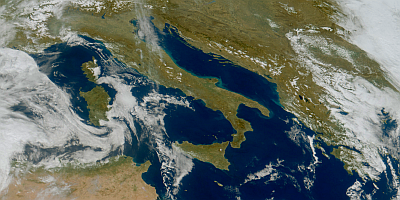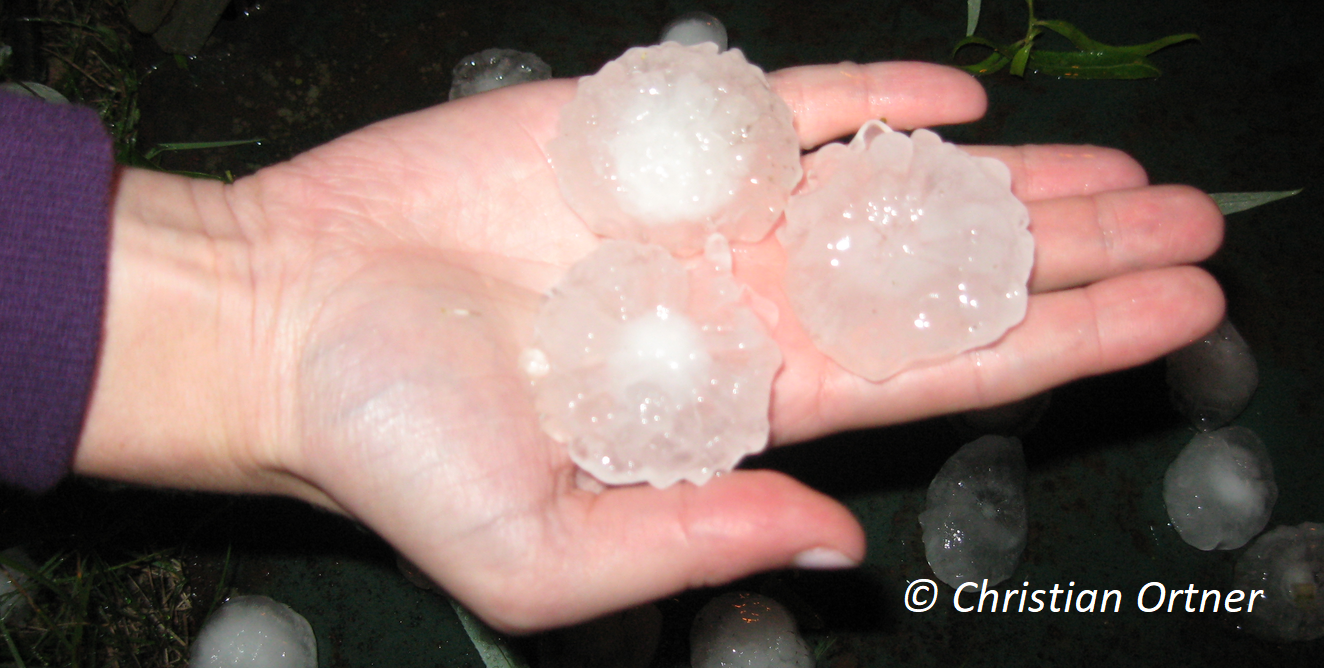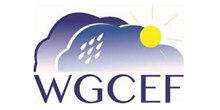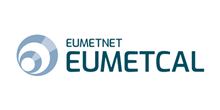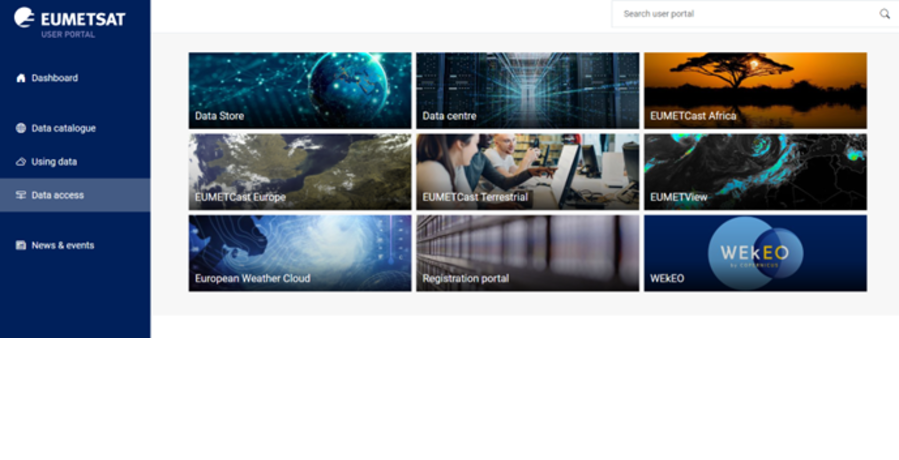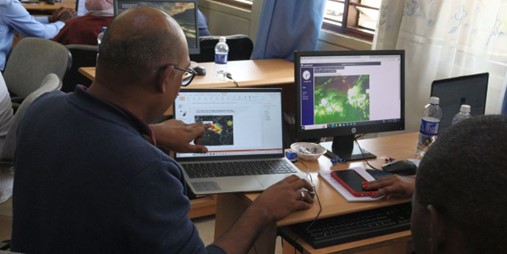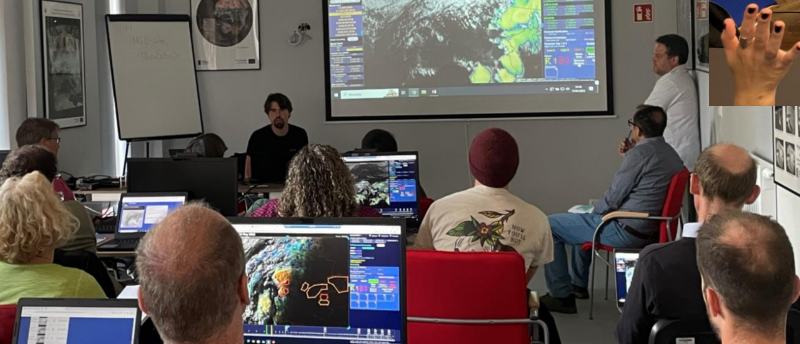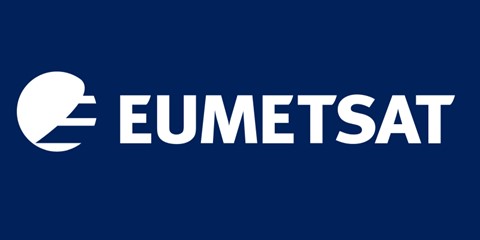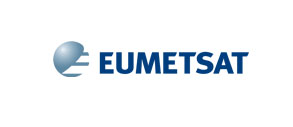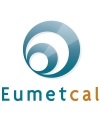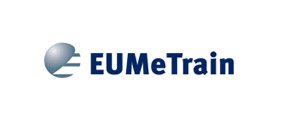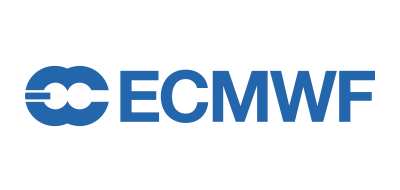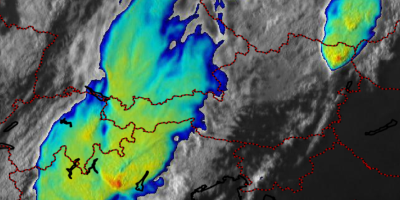
Series of Severe Convective Storms Testbeds
May – October 2024 / Wiener Neustadt (Austria), Darmstadt (Germany)ESSL and EUMETSAT are organising a series of testbeds to prepare forecasters from the EUMETSAT Member States for data from Meteosat Third Generation (MTG) and Metop Second Generation (Metop-SG) satellites.
Testbeds are a useful approach for teaching forecasting severe convective storms using state-of-the-art or experimental forecasting tools, as well as for evaluating the tools.
During a testbed, forecasters learn by doing, by making severe weather forecasts and nowcasts using a mix of new nowcasting and forecasting tools, followed by a verification.
Particular focus is given to the use of proxy-MTG satellite data and, once operationally available, real data from MTG, preparing forecasters for the use of next-generation satellite data. A range of state-of-the-art nowcasting tools and numerical weather prediction-based guidance will be evaluated.
Dates & locations for 2024:
- • 13-17 May, ESSL Research and Training Centre (Wiener Neustadt, Austria)
- • 3-7 June, EUMETSAT (Darmstadt, Germany)
- • 1-5 July, ESSL Research and Training Centre (Wiener Neustadt, Austria)
- • 16-20 September, ESSL Research and Training Centre (Wiener Neustadt, Austria)
- • 7-11 October, ESSL Research and Training Centre (Wiener Neustadt, Austria)
Keep an eye on the Training Calendar for more information.
